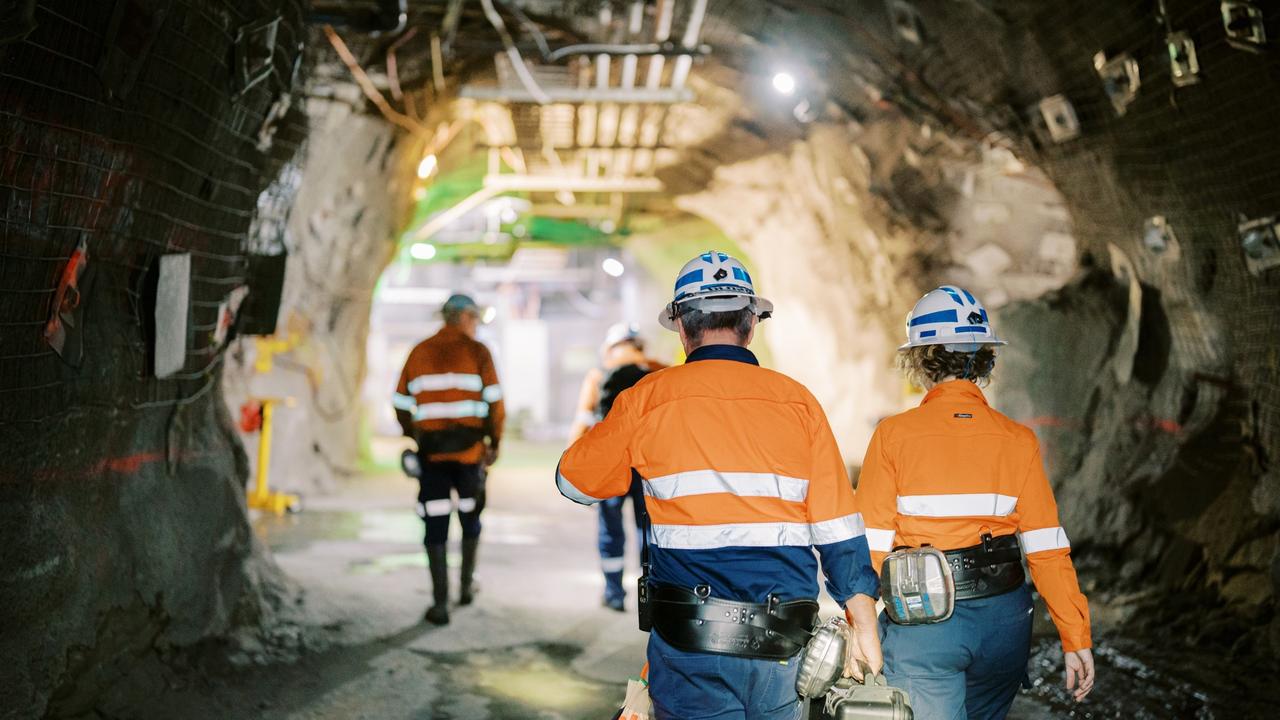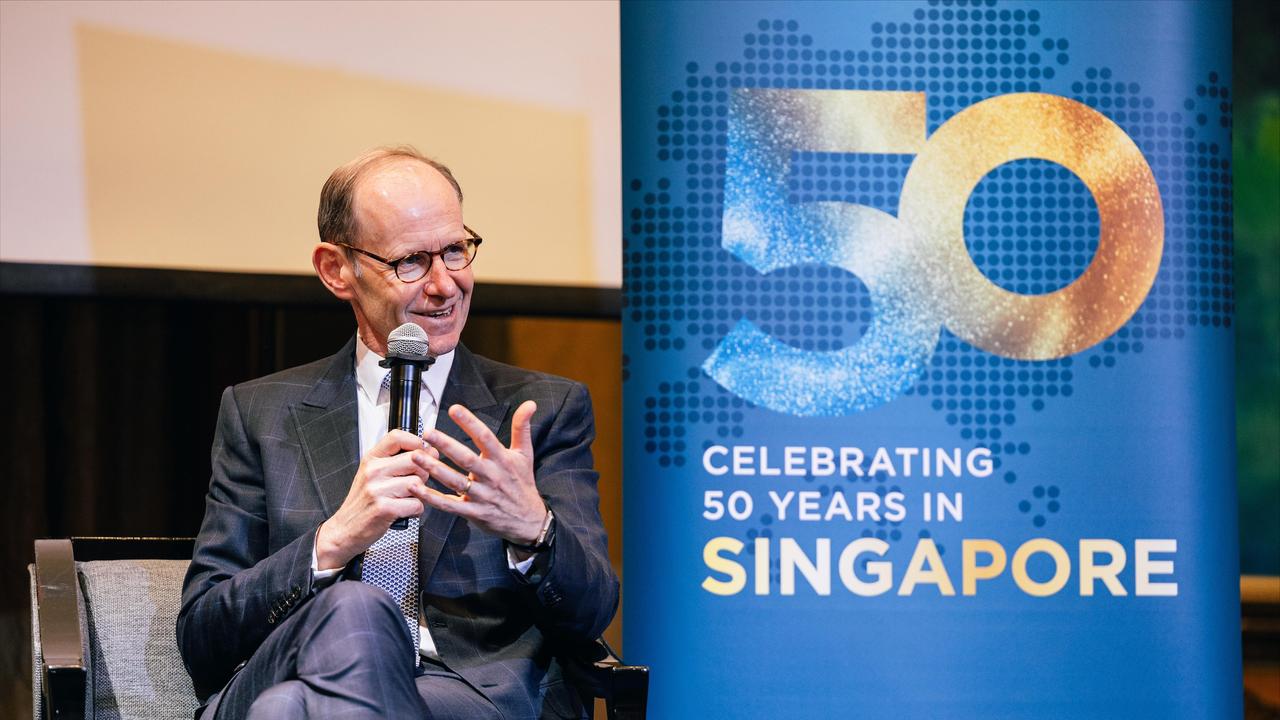Silicon Valley Bank ‘next domino to fall’, says BlackRock’s Larry Fink
The BlackRock chairman has warned that inflation could remain high for years to come.
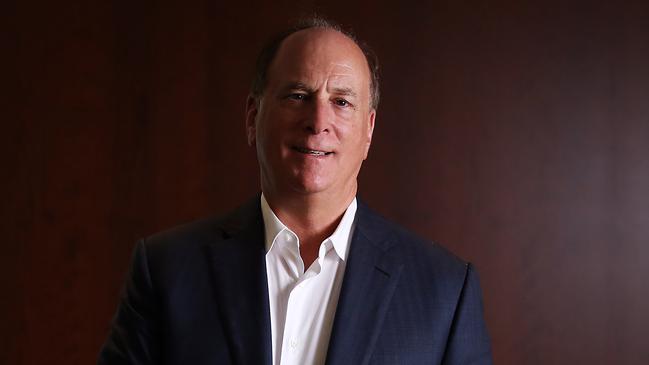
Business
Don't miss out on the headlines from Business. Followed categories will be added to My News.
The collapse of Silicon Valley Bank could represent the start of a US regional banking crisis, marking the next domino to fall after a decade of easy money pumped into global markets has created massive financial distortions, warns Larry Fink, who heads up the world’s biggest fund manager.
The chairman of the $US10 trillion ($15 trillion) BlackRock has also said high inflation is likely to remain entrenched for “years”, meaning central banks could be forced to keep interest rates elevated for longer as they battle to get it under control.
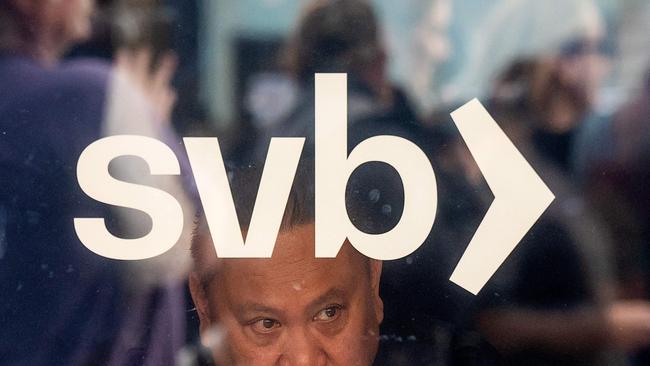
The comments by Mr Fink were contained in the closely read annual letter he sends to chief executives of the thousands of companies BlackRock invests in around the world.
The latest letter, which runs to dozens of pages, also makes a strong defence of BlackRock’s efforts to pressure companies to move faster to a zero-carbon future, saying this approach to sustainability is designed to protect the investments of BlackRock’s clients over the long term.
While Mr Fink’s letters of recent years have revolved around the theme that global warming remains the “defining issue” of our time, it is the more recent market turmoil that has come under the attention of the BlackRock chairman.
He said the need to aggressively hike interest rates to combat soaring inflation over the past year was the first domino to drop.
“This is one price we’re already paying for years of easy money,” Mr Fink said in his latest annual letter.
“This past week we saw the biggest bank failure in more than 15 years as federal regulators seized Silicon Valley Bank. This is a classic asset-liability mismatch.
“Two smaller banks failed in the past week as well. It’s too early to know how widespread the damage is. The regulatory response has so far been swift, and decisive actions have helped stave off contagion risks. But markets remain on edge. Will asset-liability mismatches be the second domino to fall?” Mr Fink said.
He noted previous monetary tightening cycles “have often led to spectacular financial flameouts: Such as the Savings and Loan crisis that hit US-style credit unions that unfolded throughout the US in the 1980s and early nineties.
“We don’t know yet whether the consequences of easy money and regulatory changes will cascade throughout the US regional banking sector (akin to the S&L Crisis) with more seizures and shutdowns coming,” Mr Fink said.
“It does seem inevitable that some banks will now need to pull back on lending to shore up their balance sheets, and we’re likely to see stricter capital standards for banks,” he added, requiring capital markets to step up for lending.
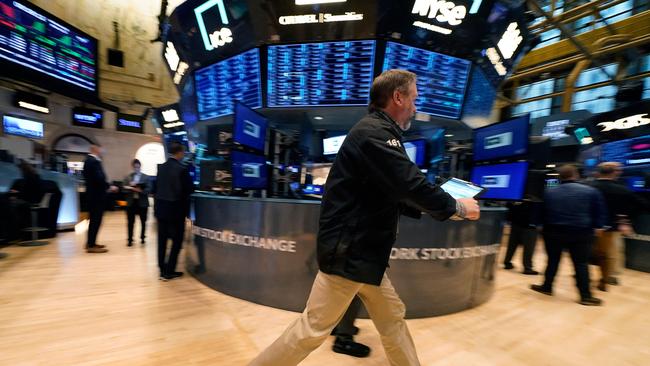
He also called out a third domino to fall, with asset managers holding too many illiquid assets this can range from infrastructure to private equity.
“In addition to duration mismatches, we may now also see liquidity mismatches. Years of lower rates had the effect of driving some asset owners to increase their commitments to illiquid investments – trading lower liquidity for higher returns. There’s a risk now of a liquidity mismatch for these asset owners, especially those with leveraged portfolios,” Mr Fink said.
“Meanwhile, with inflation likely to remain elevated, the US Federal Reserve will stay focused on fighting inflation and continue to raise rates. And with higher interest rates, governments can’t sustain recent levels of fiscal spending and the deficits of previous decades.”
Mr Fink also hit back at a growing backlash in the US centred on BlackRock using its investment clout to drive a greener economy. Even in the face of some US coal and oil-rich states threatening to pull their investment mandates, Mr Fink pointed to the asset manager’s strong financial returns and more than $US400bn of new cash flowing into its various funds over the past year.
“There are many people with opinions about how we should manage our clients’ money. But the money doesn’t belong to these people. It’s not ours either. It belongs to our clients, and our responsibility and our duty is to them,” Mr Fink said.
“Part of supporting our clients includes speaking out on issues important to their investments. I’ve long believed that it’s critical for CEOs to use their voice in the world – and there’s never been a more crucial moment for me to use mine. I will do so whenever and wherever I believe it can serve the interests of our clients and the firm.”
He also pointed out BlackRock offers more choice than ever over how its funds are invested to reflect the asset manager’s “broad and diverse” client base.
More Coverage
Originally published as Silicon Valley Bank ‘next domino to fall’, says BlackRock’s Larry Fink



